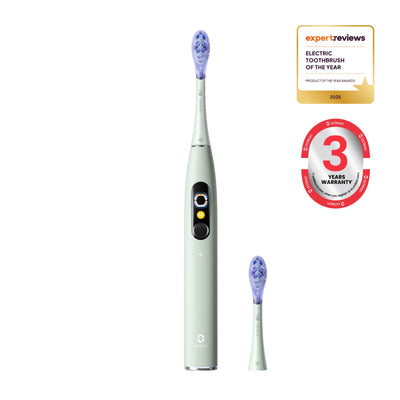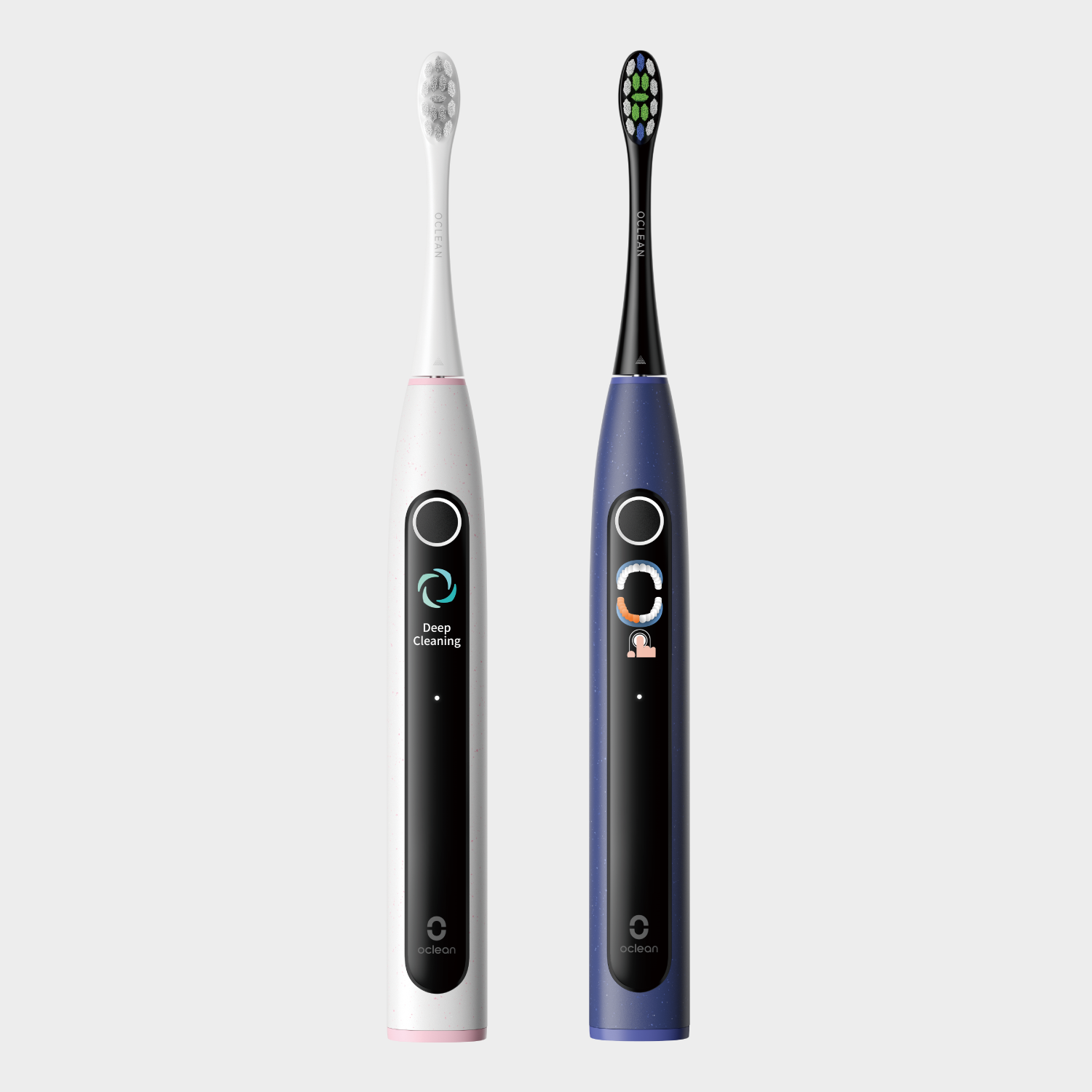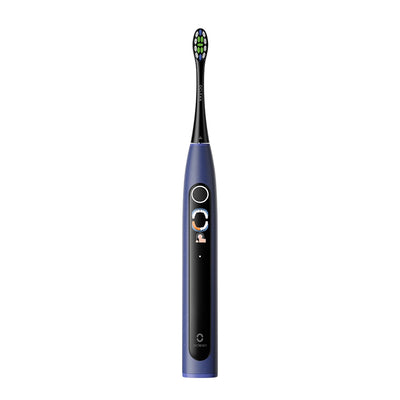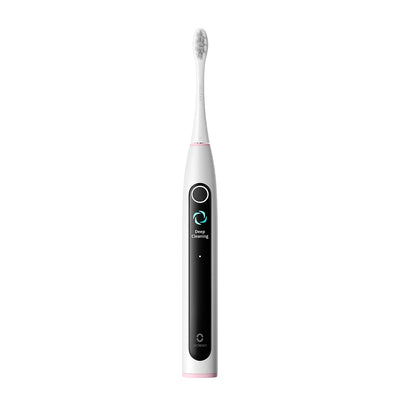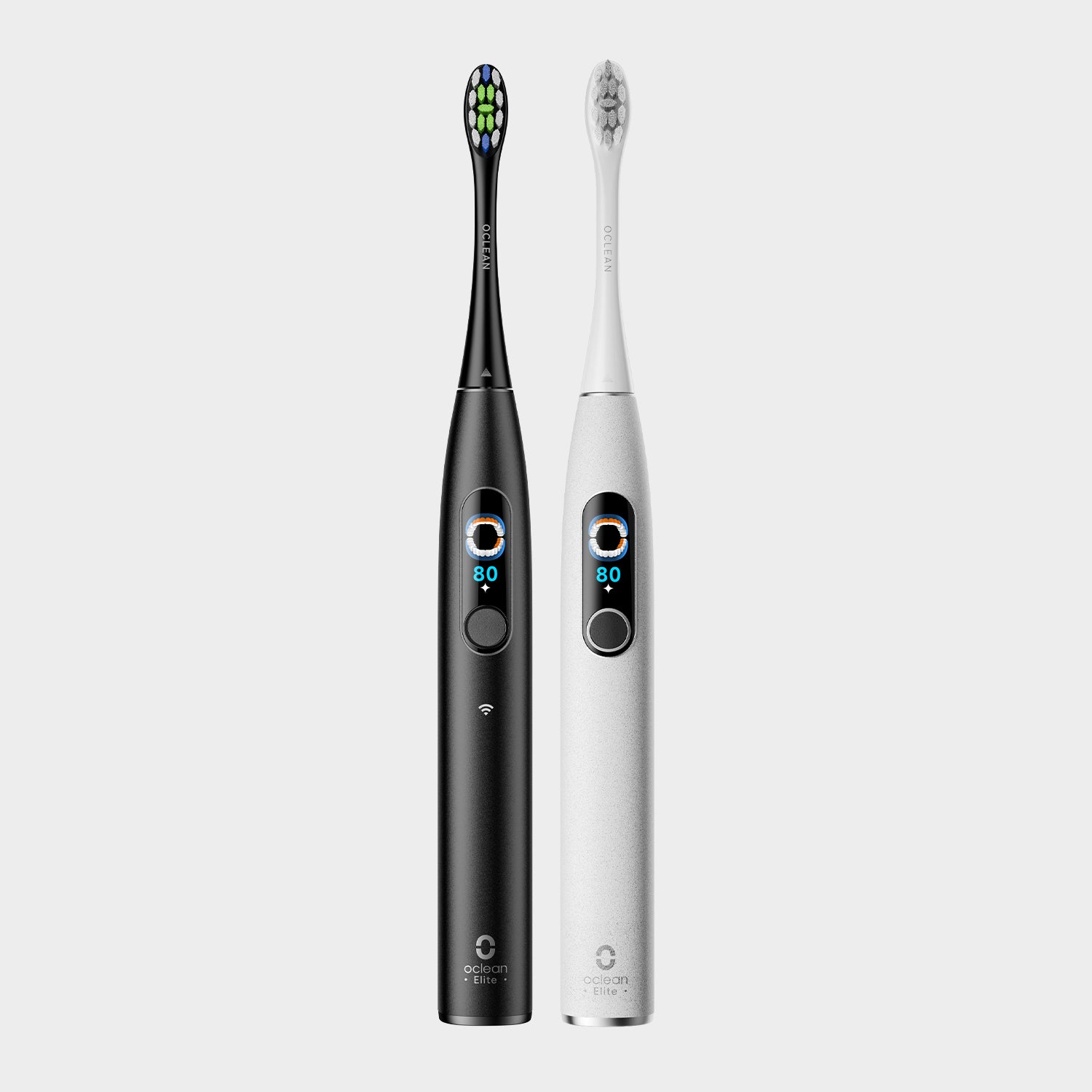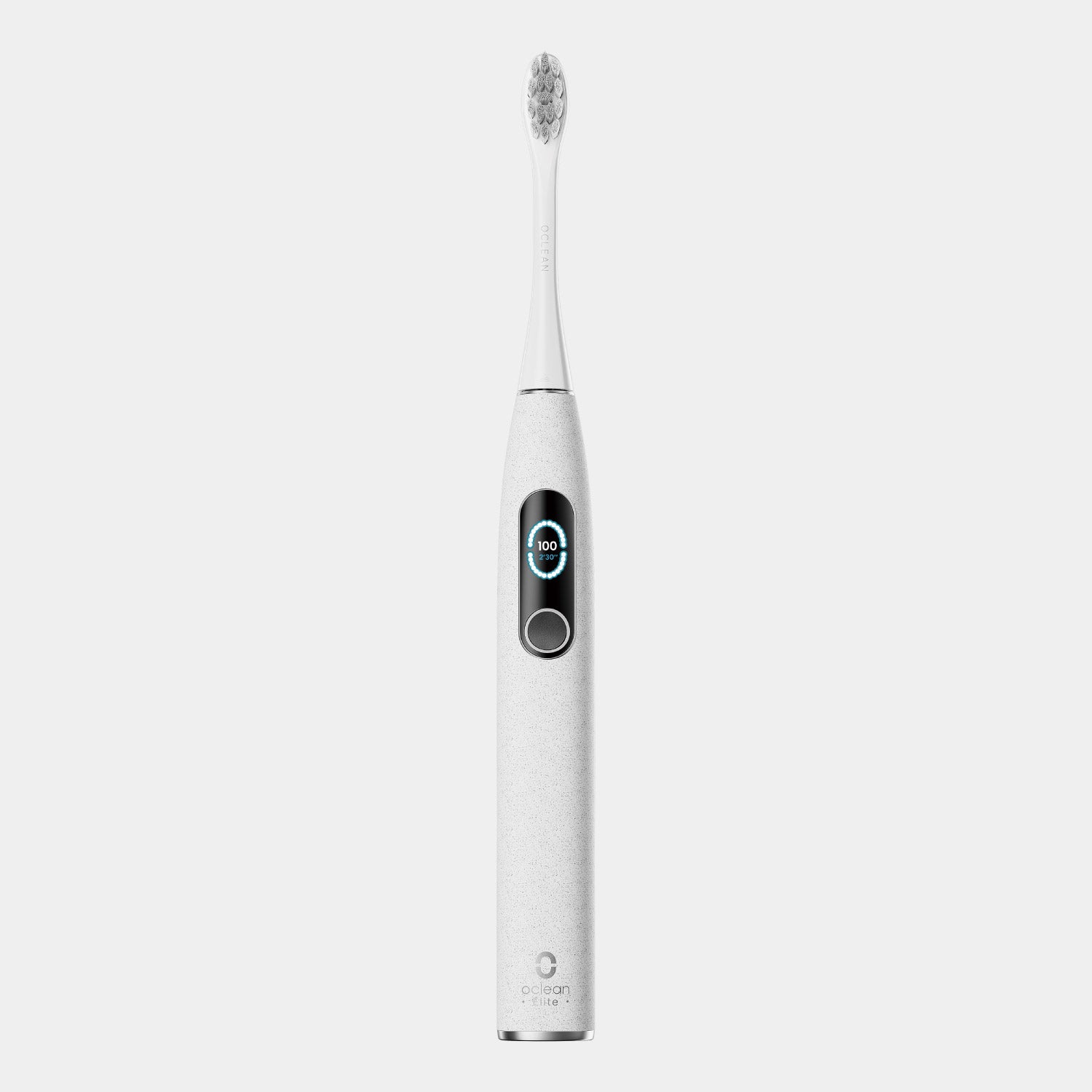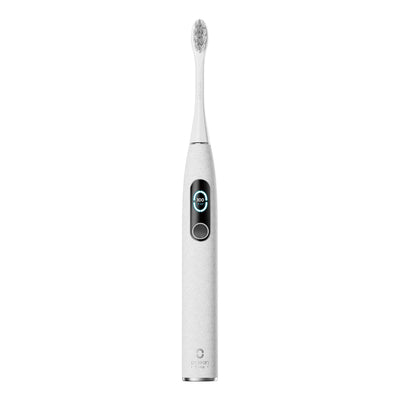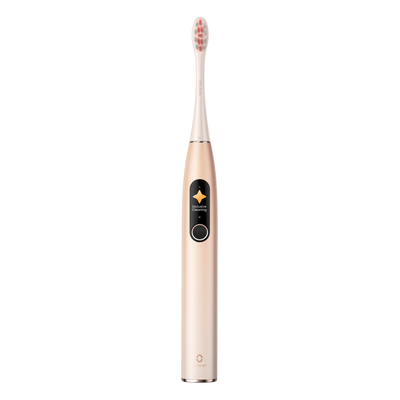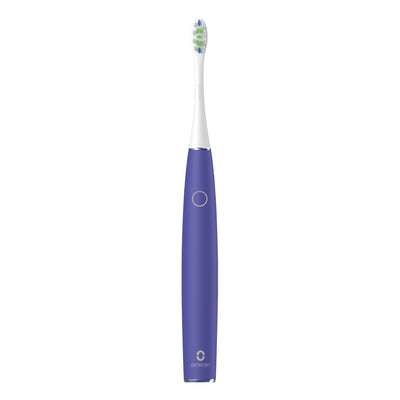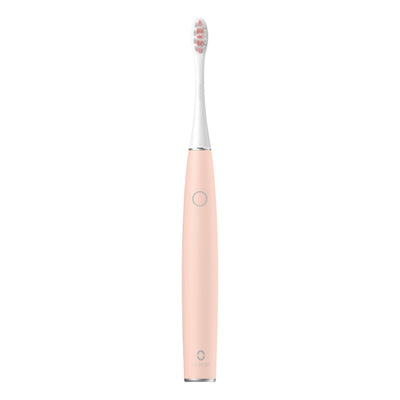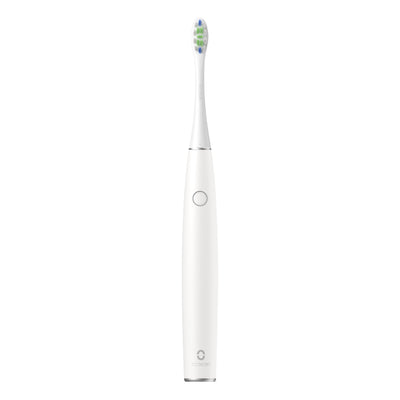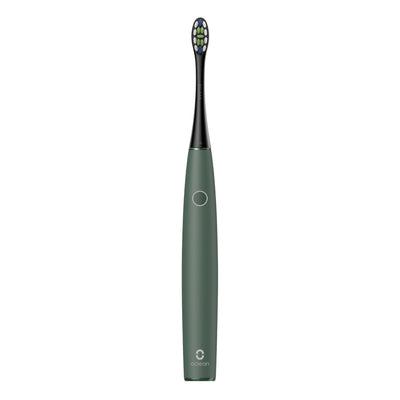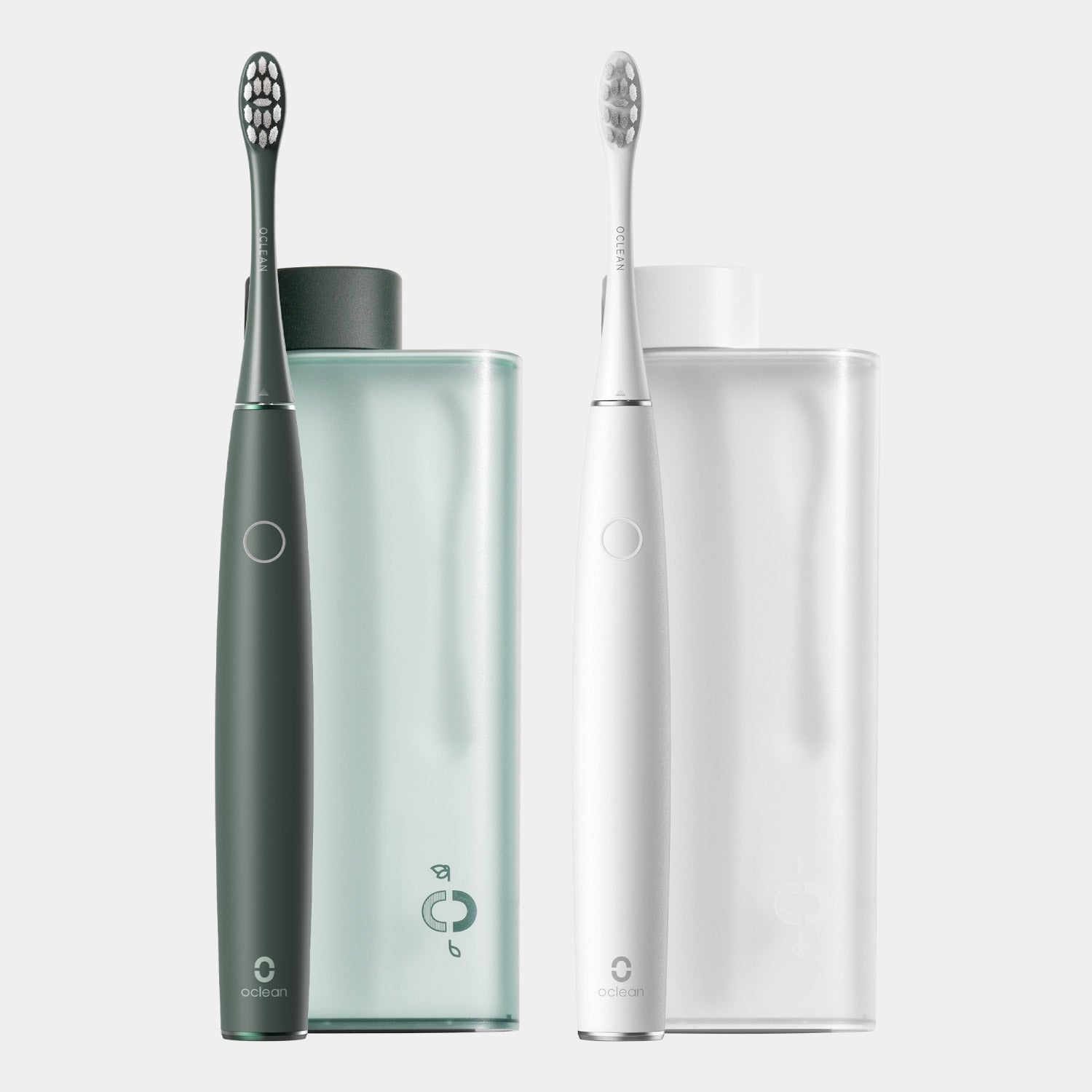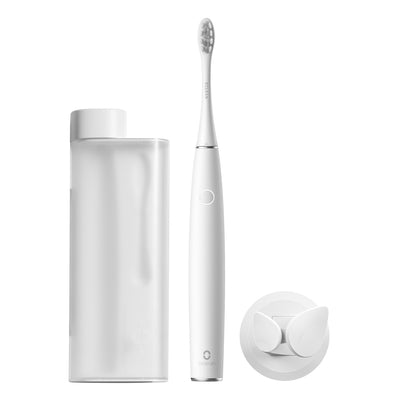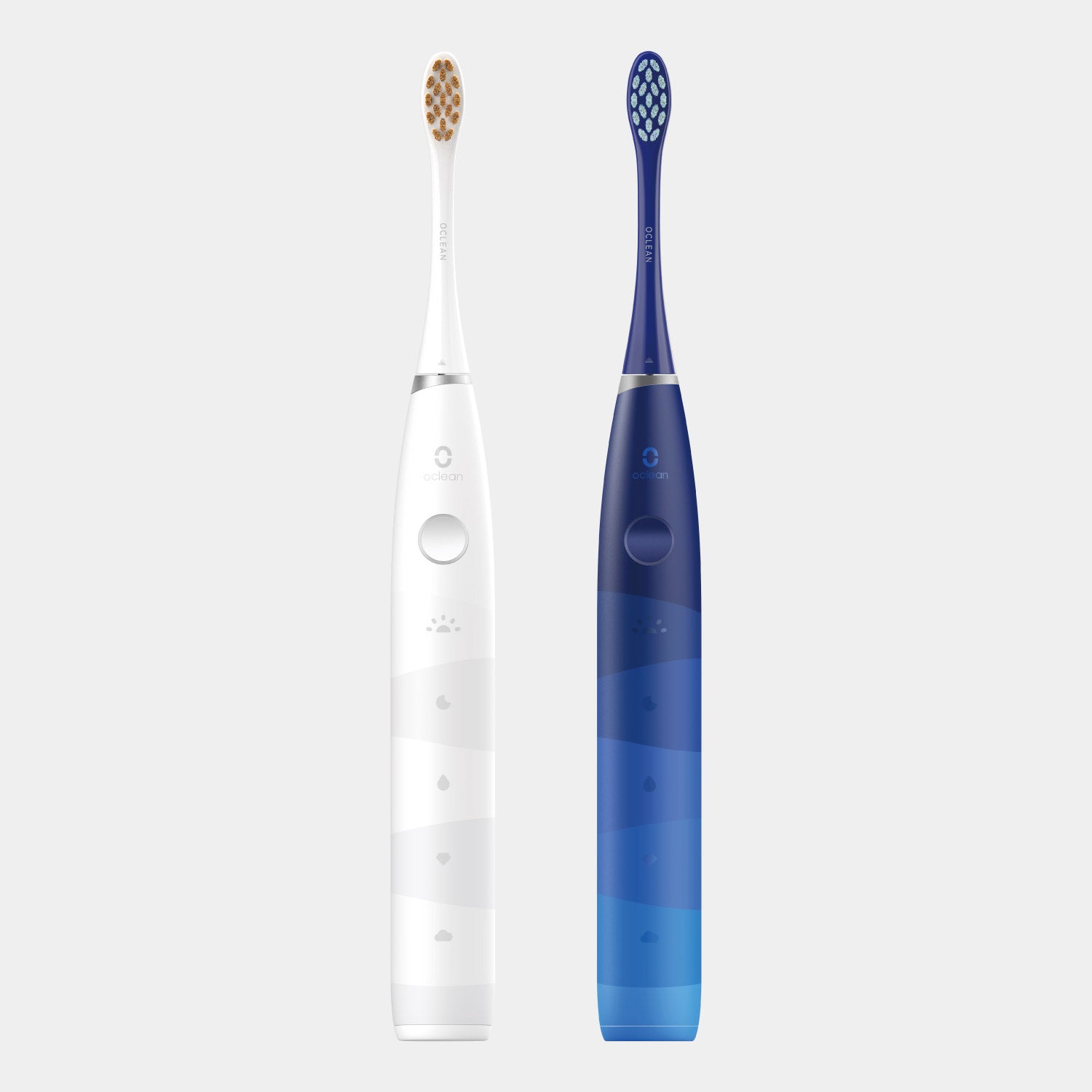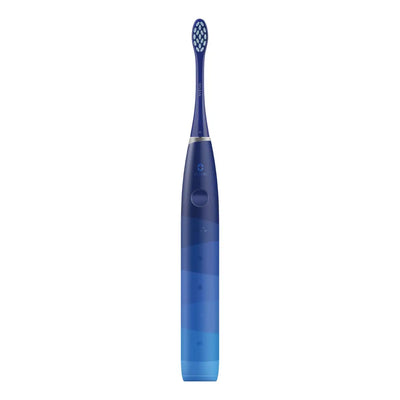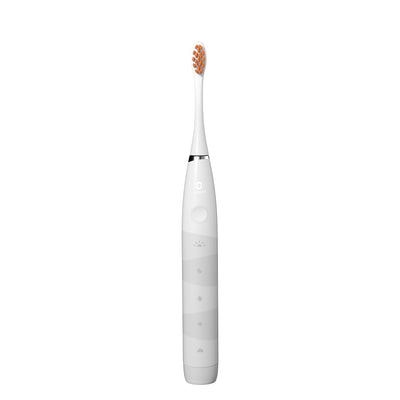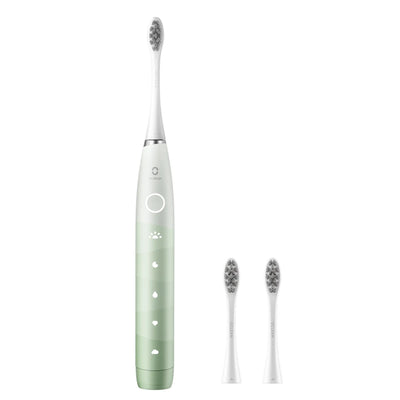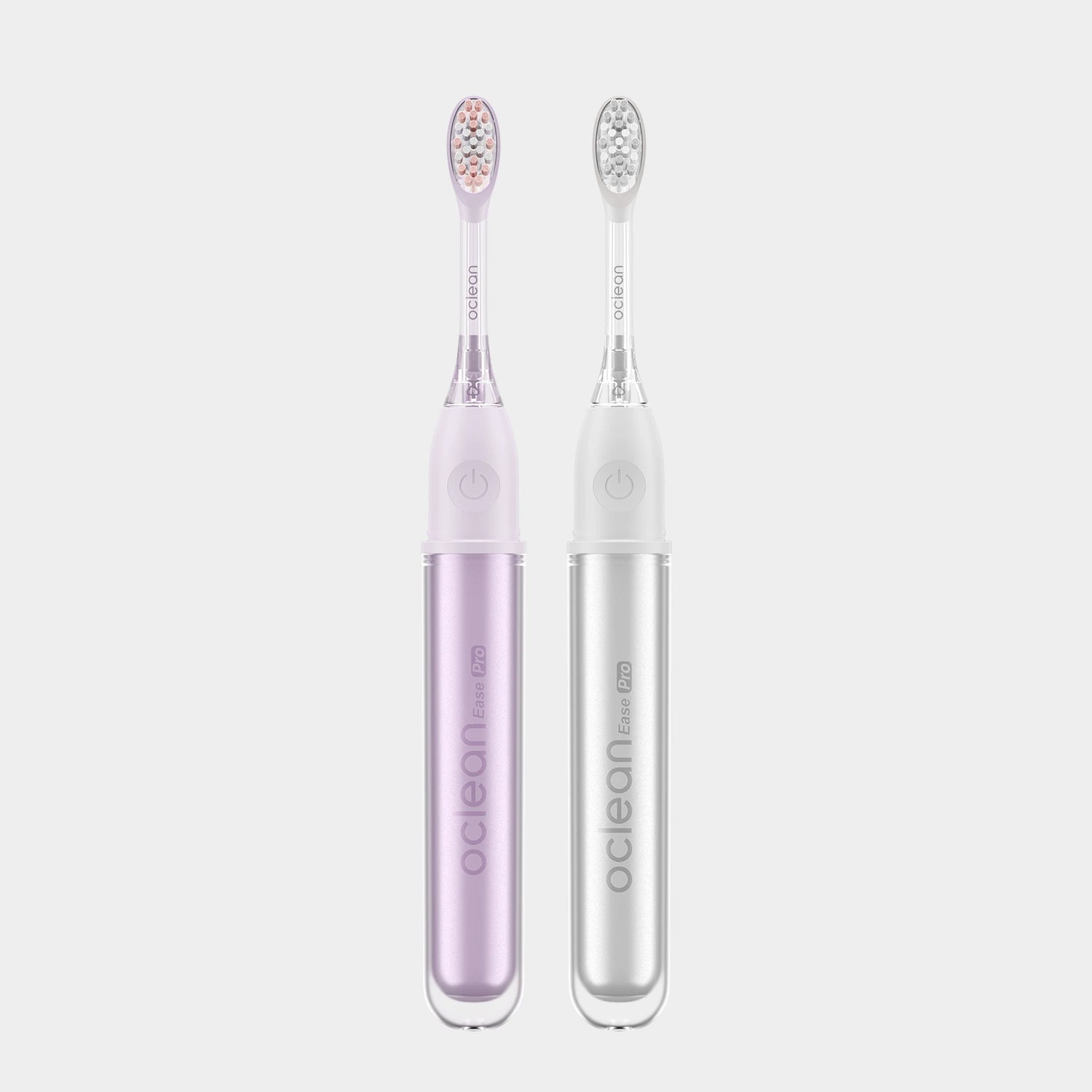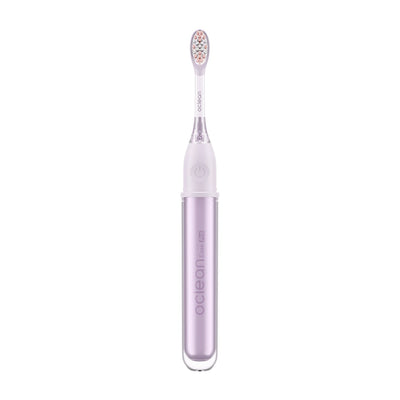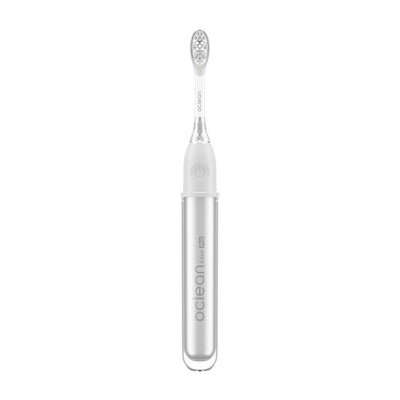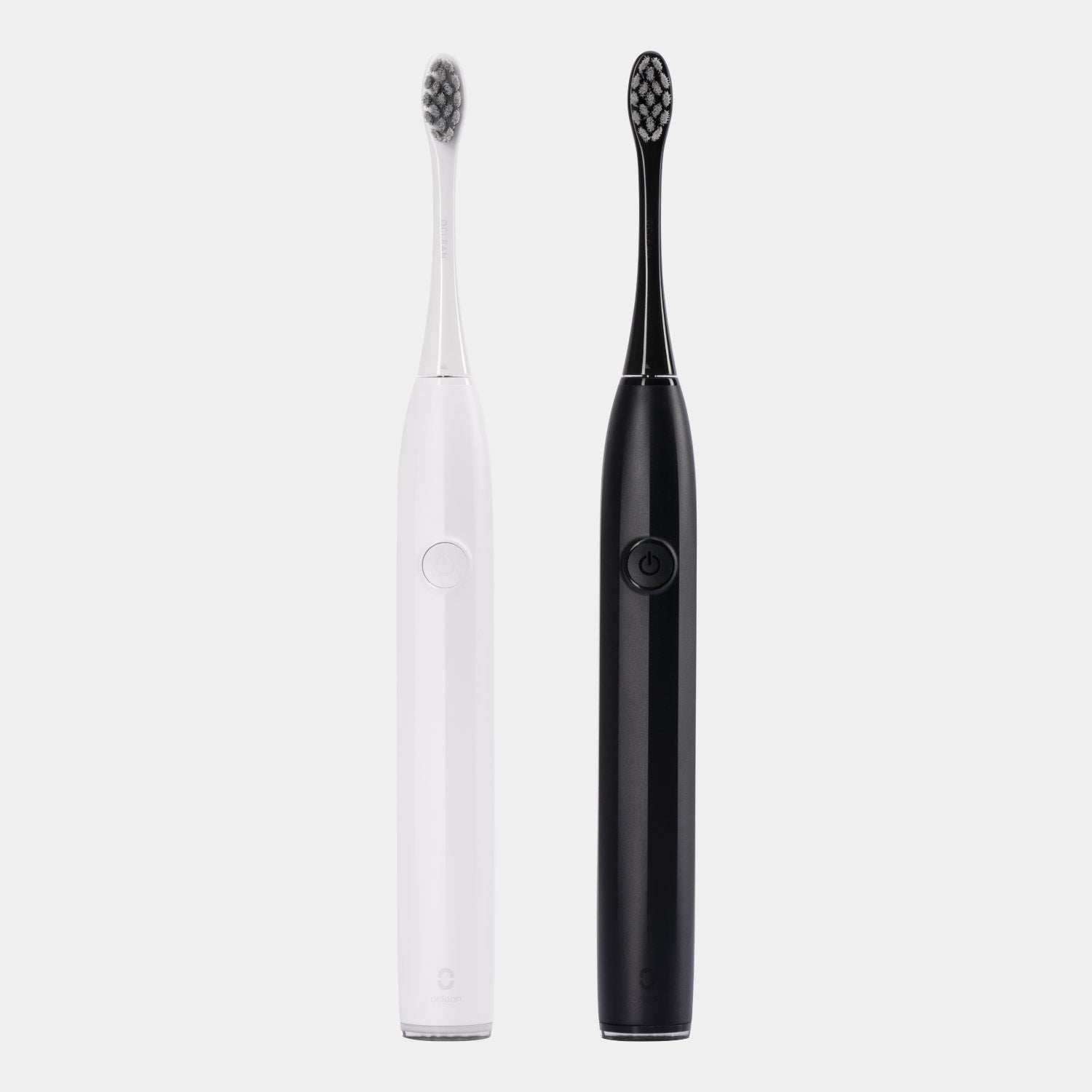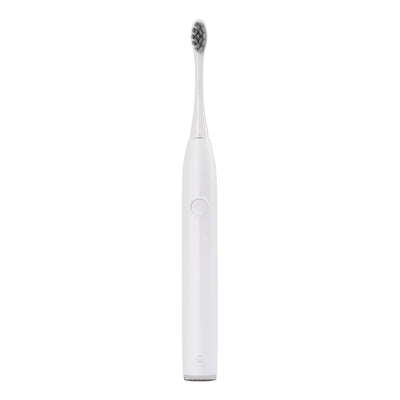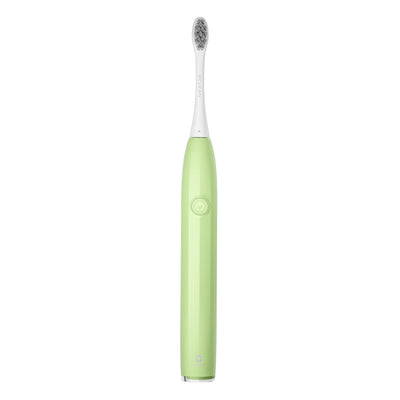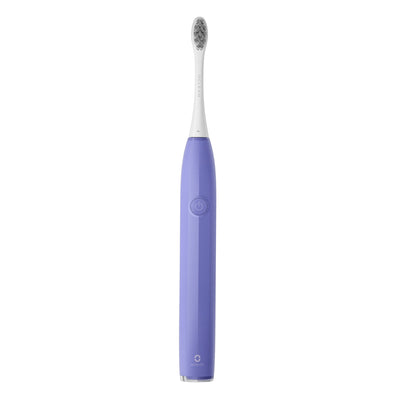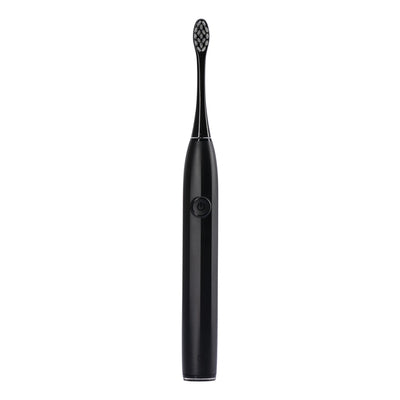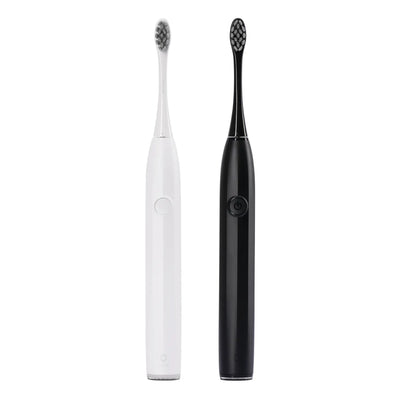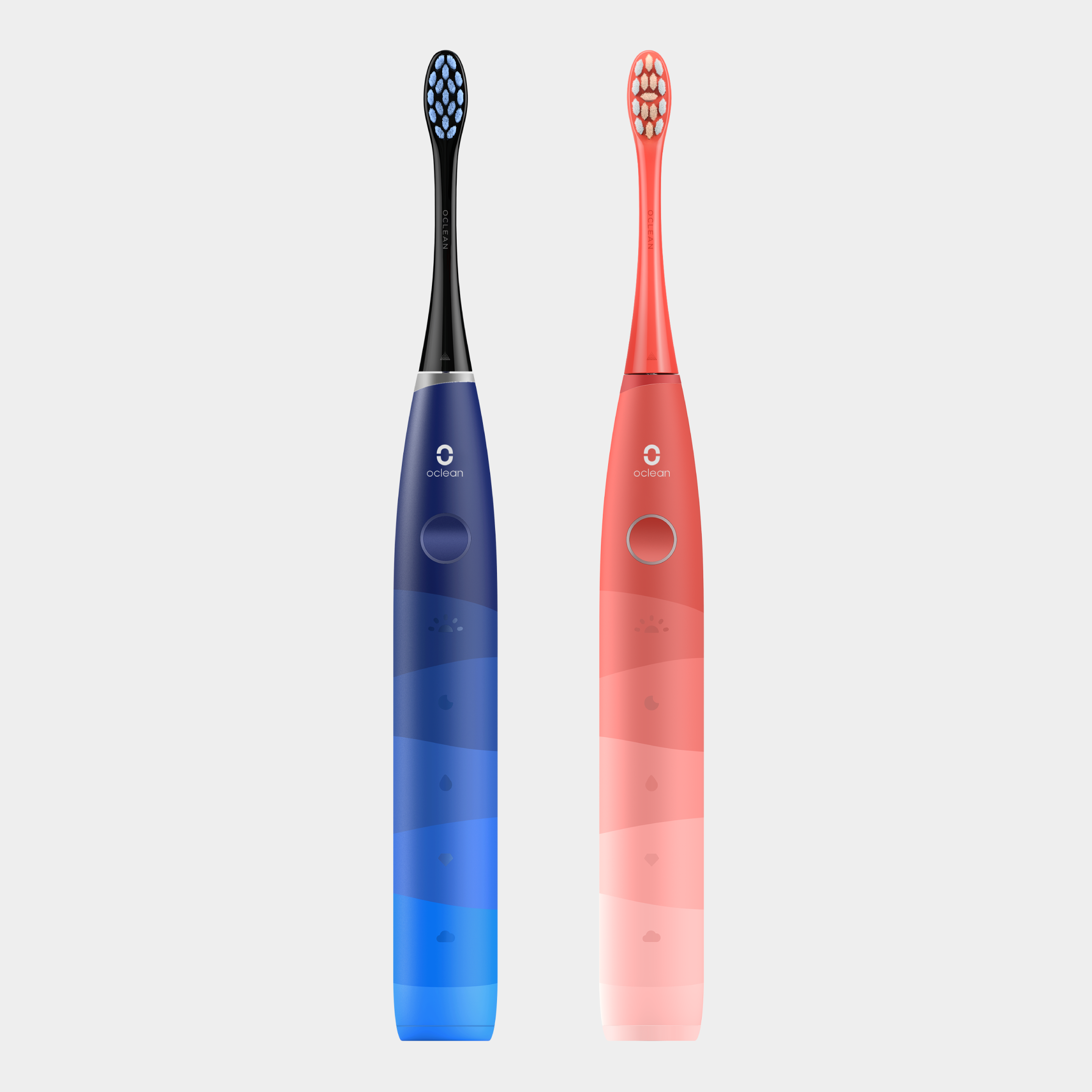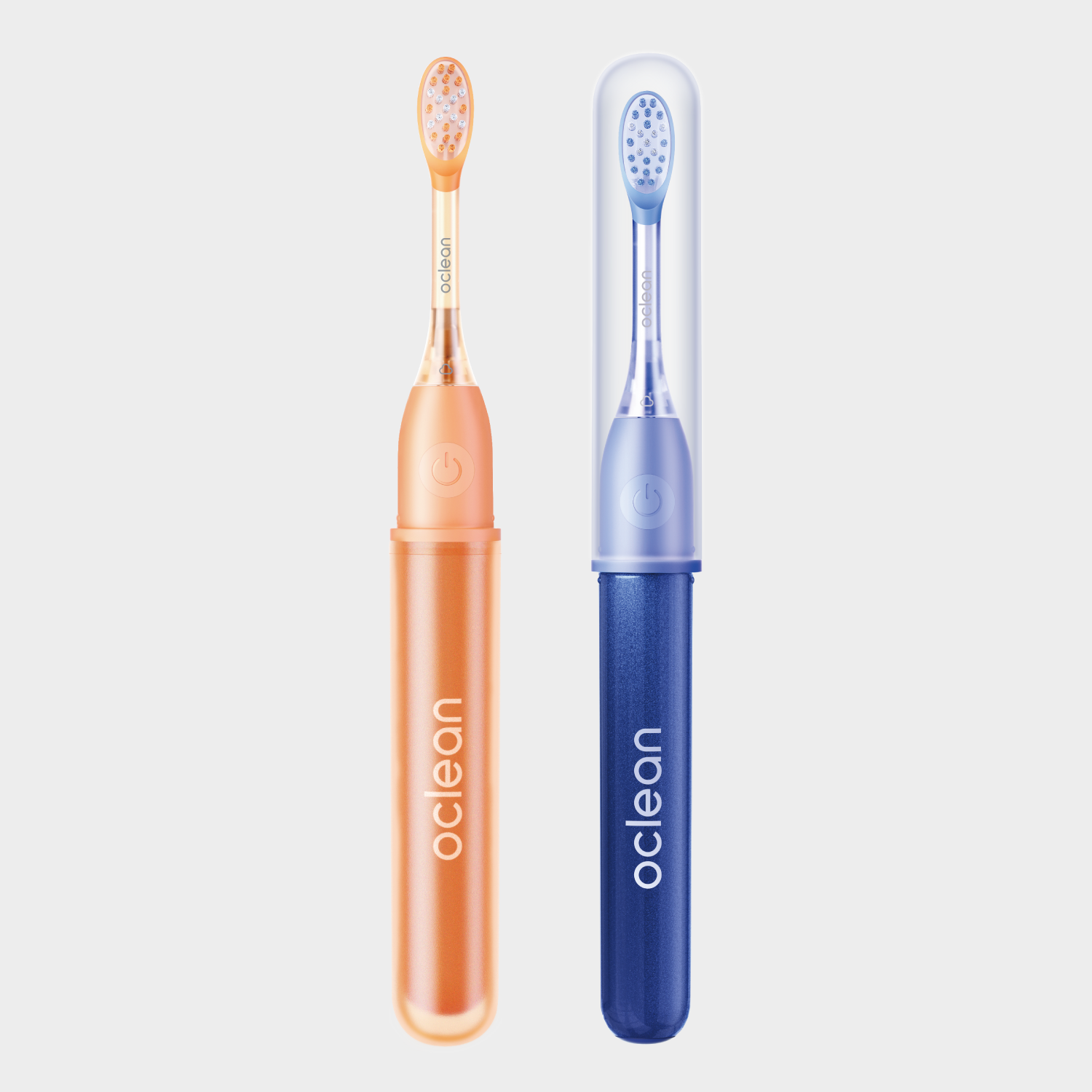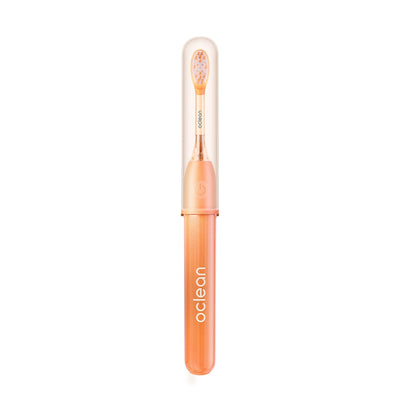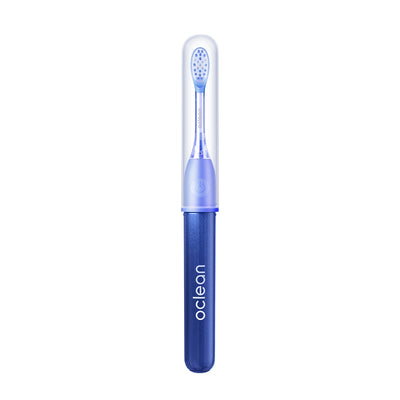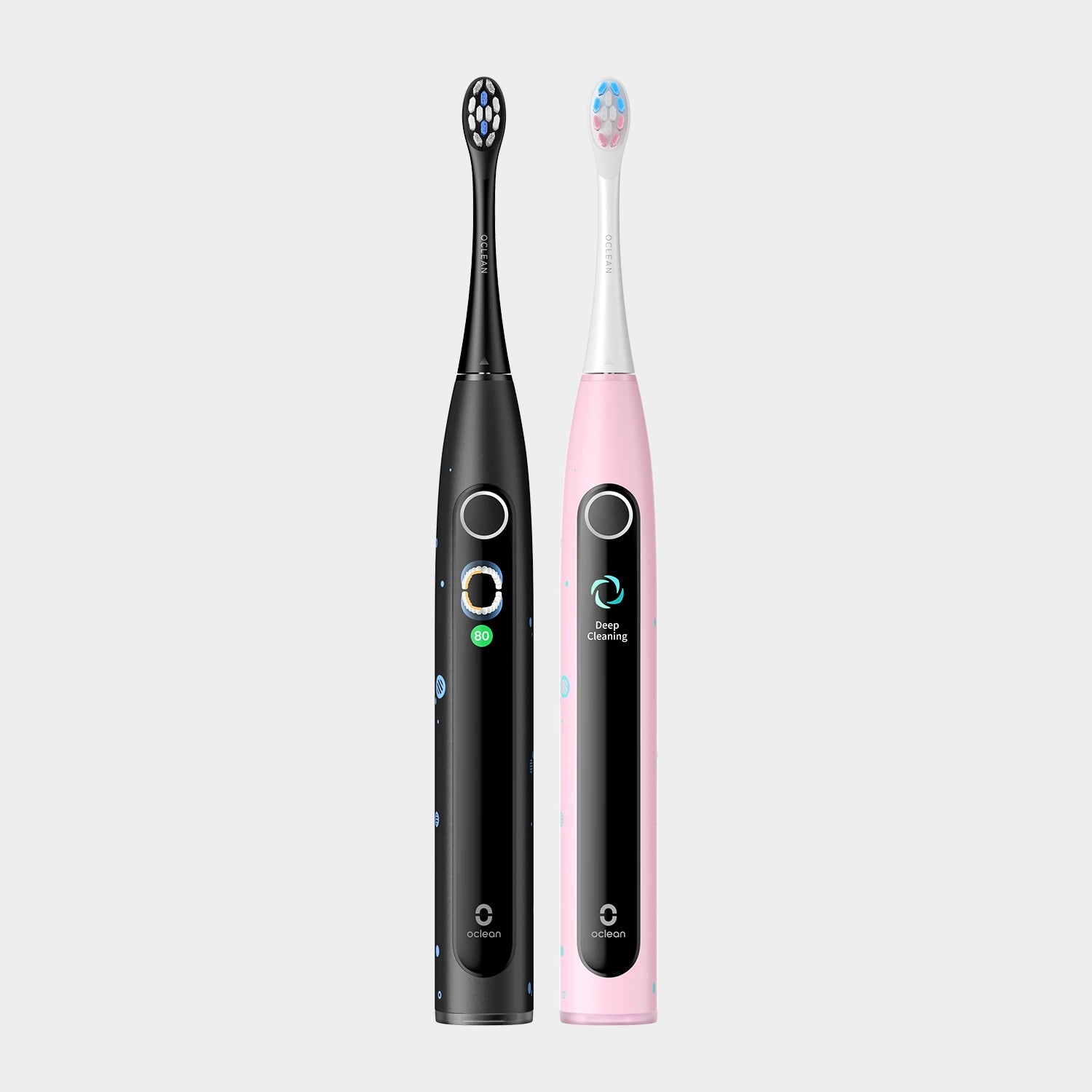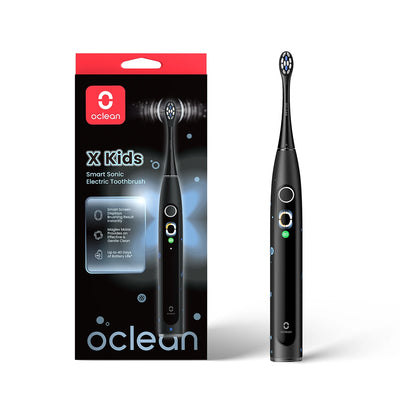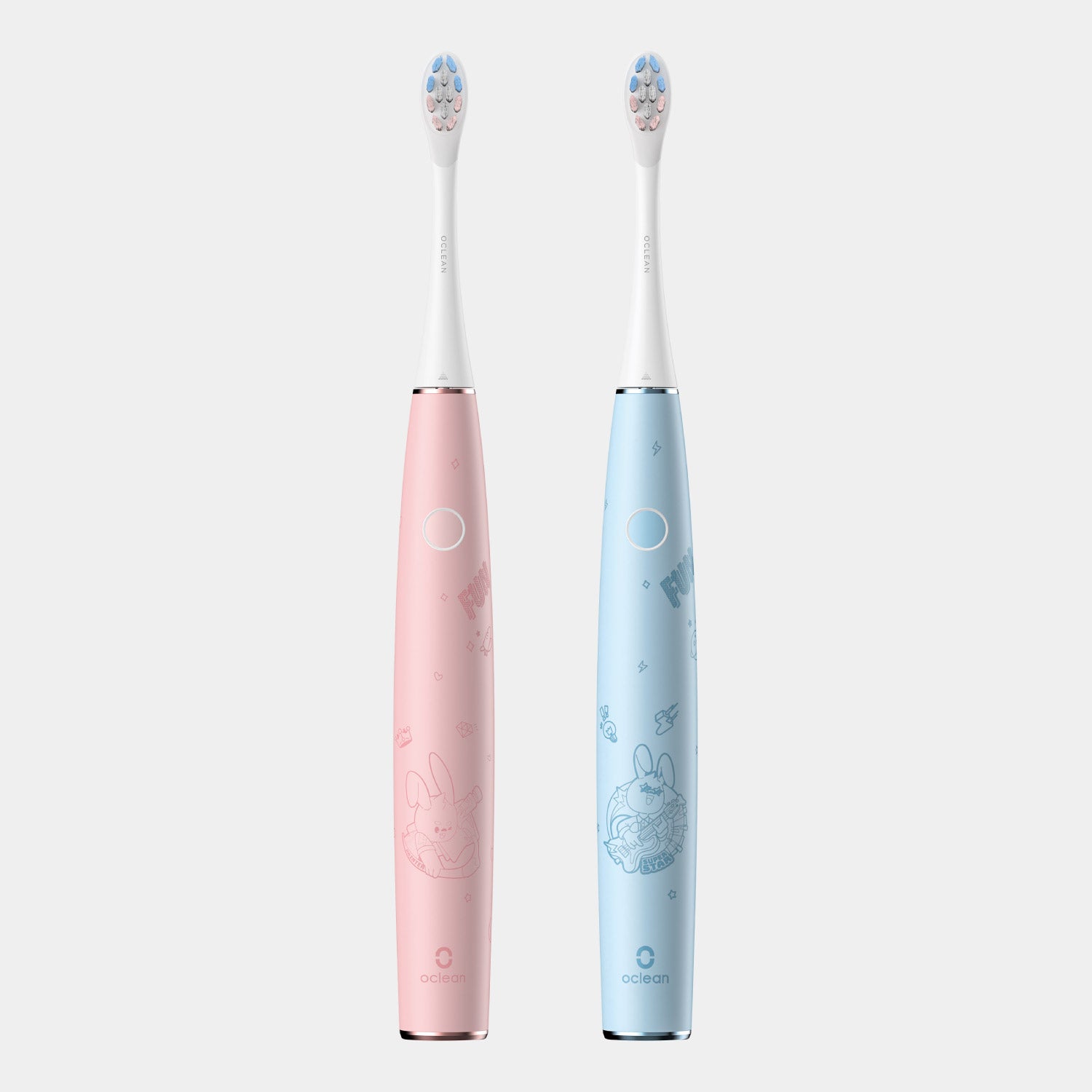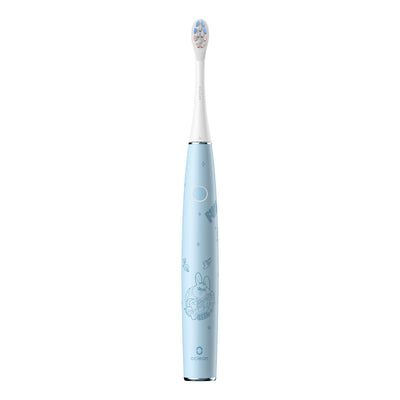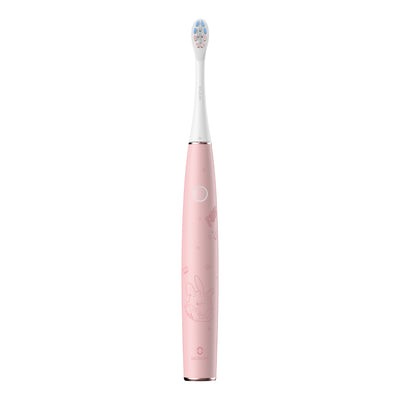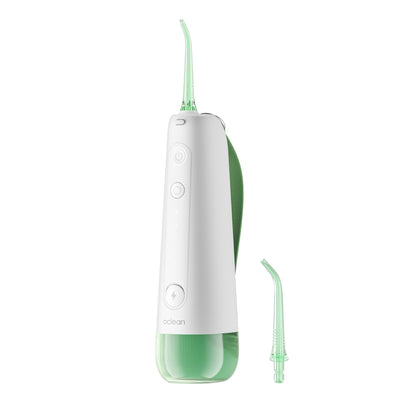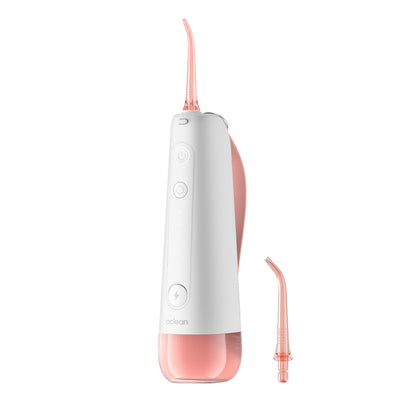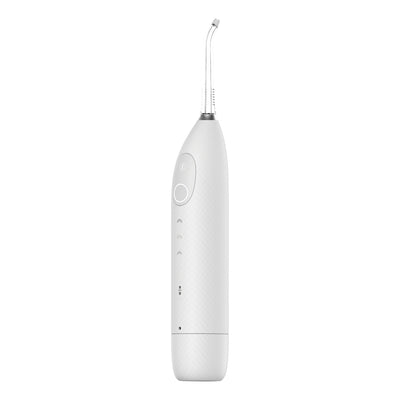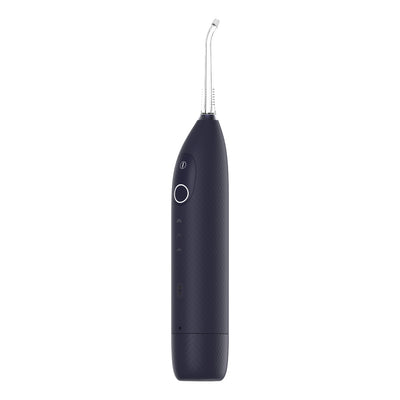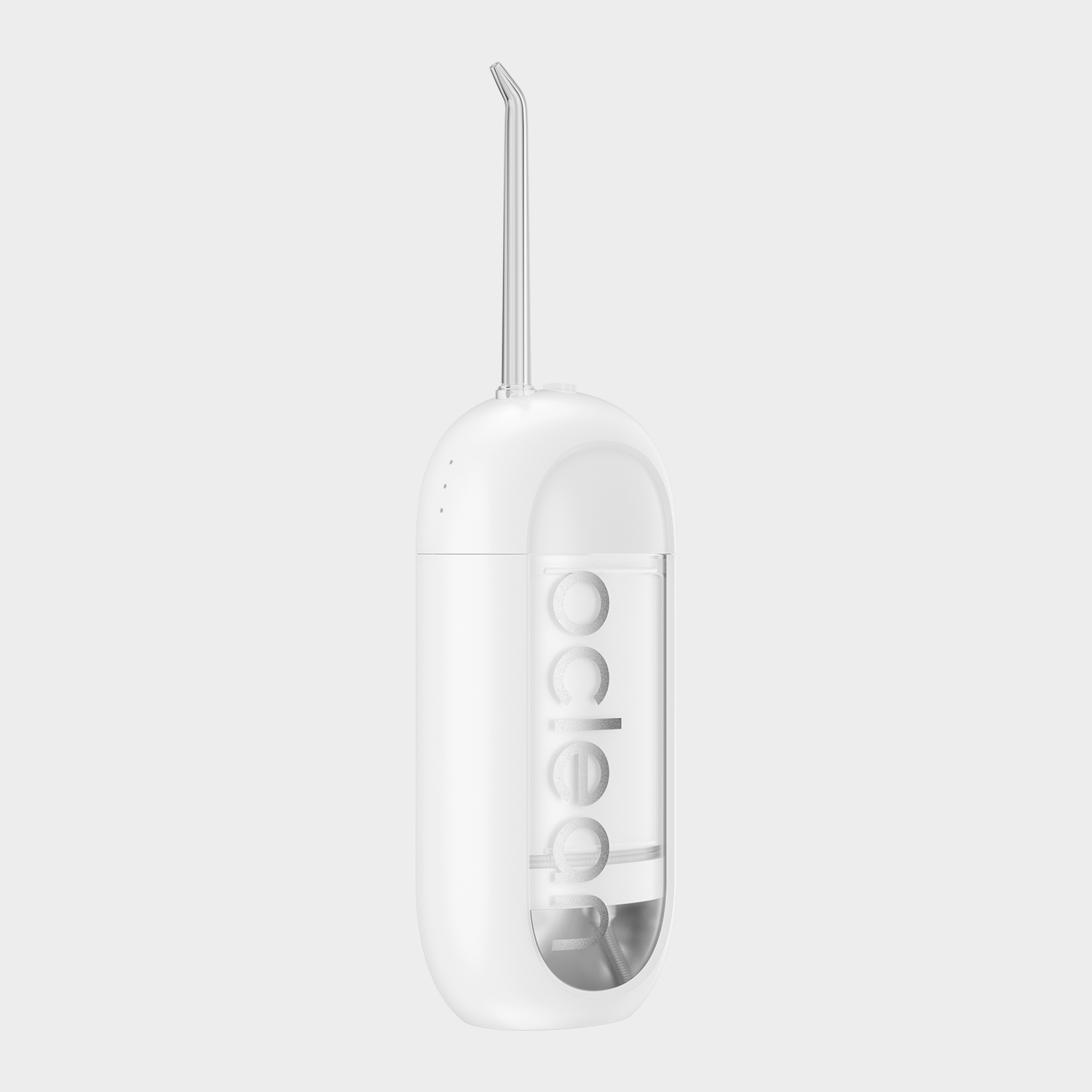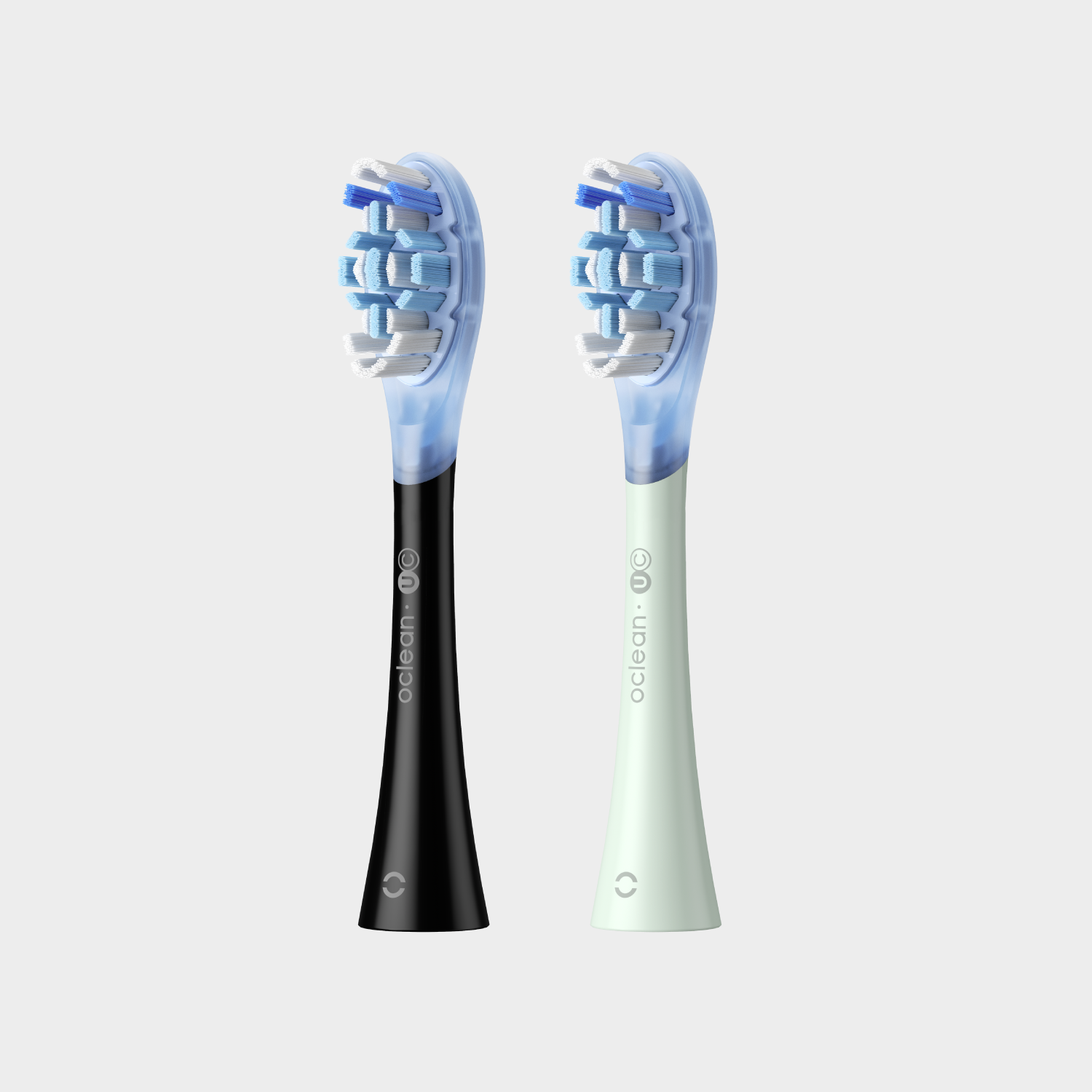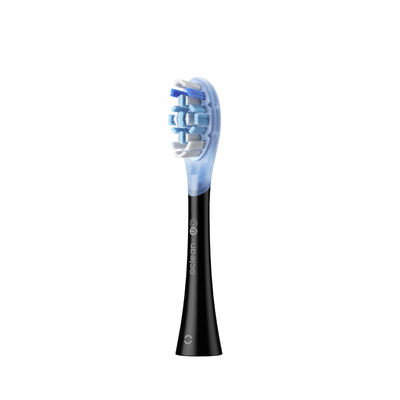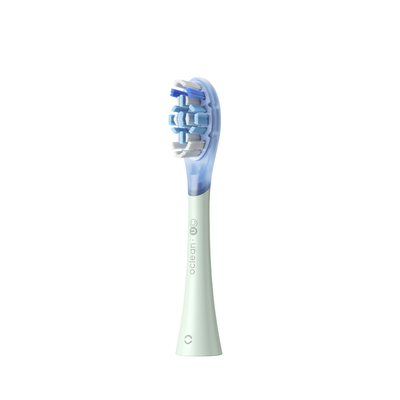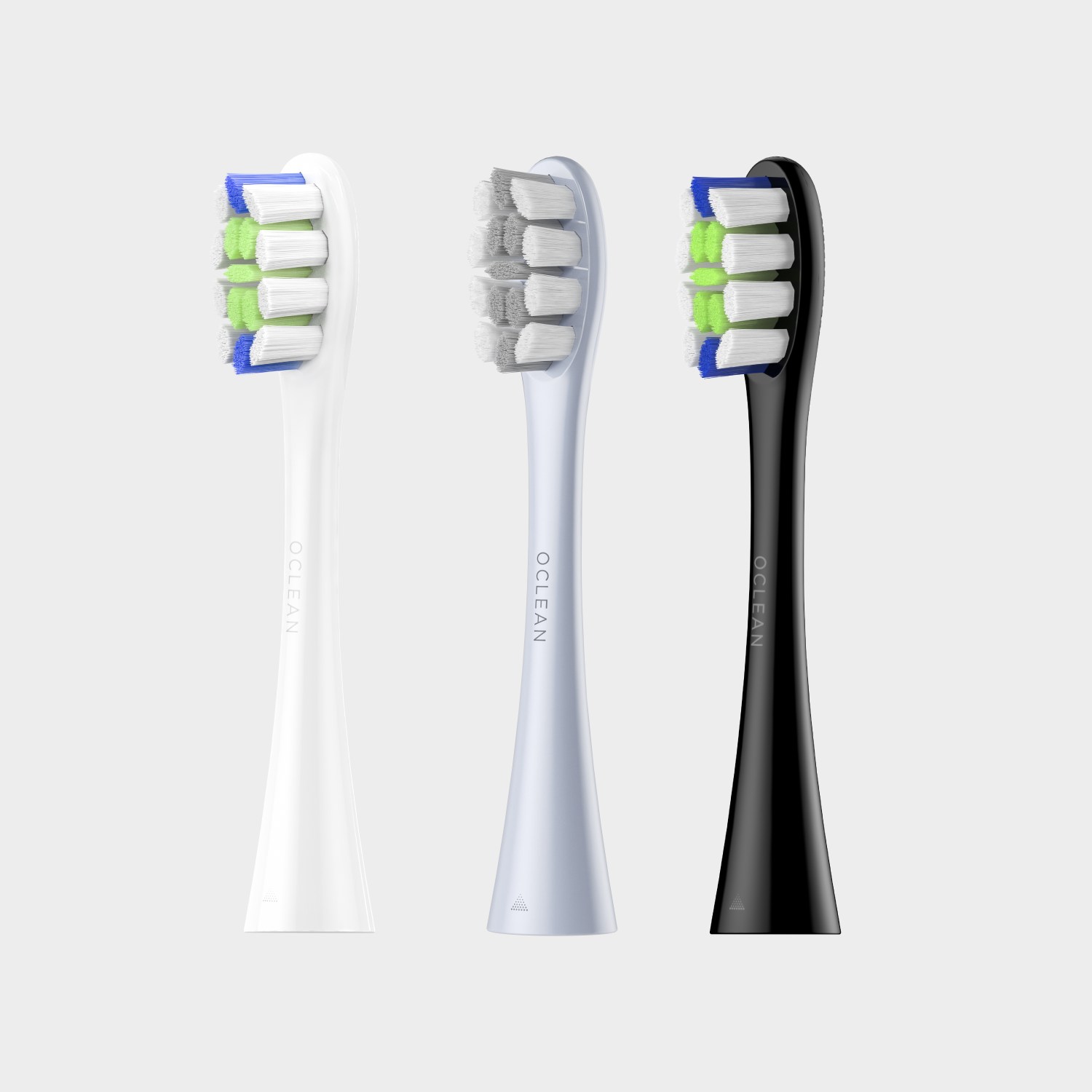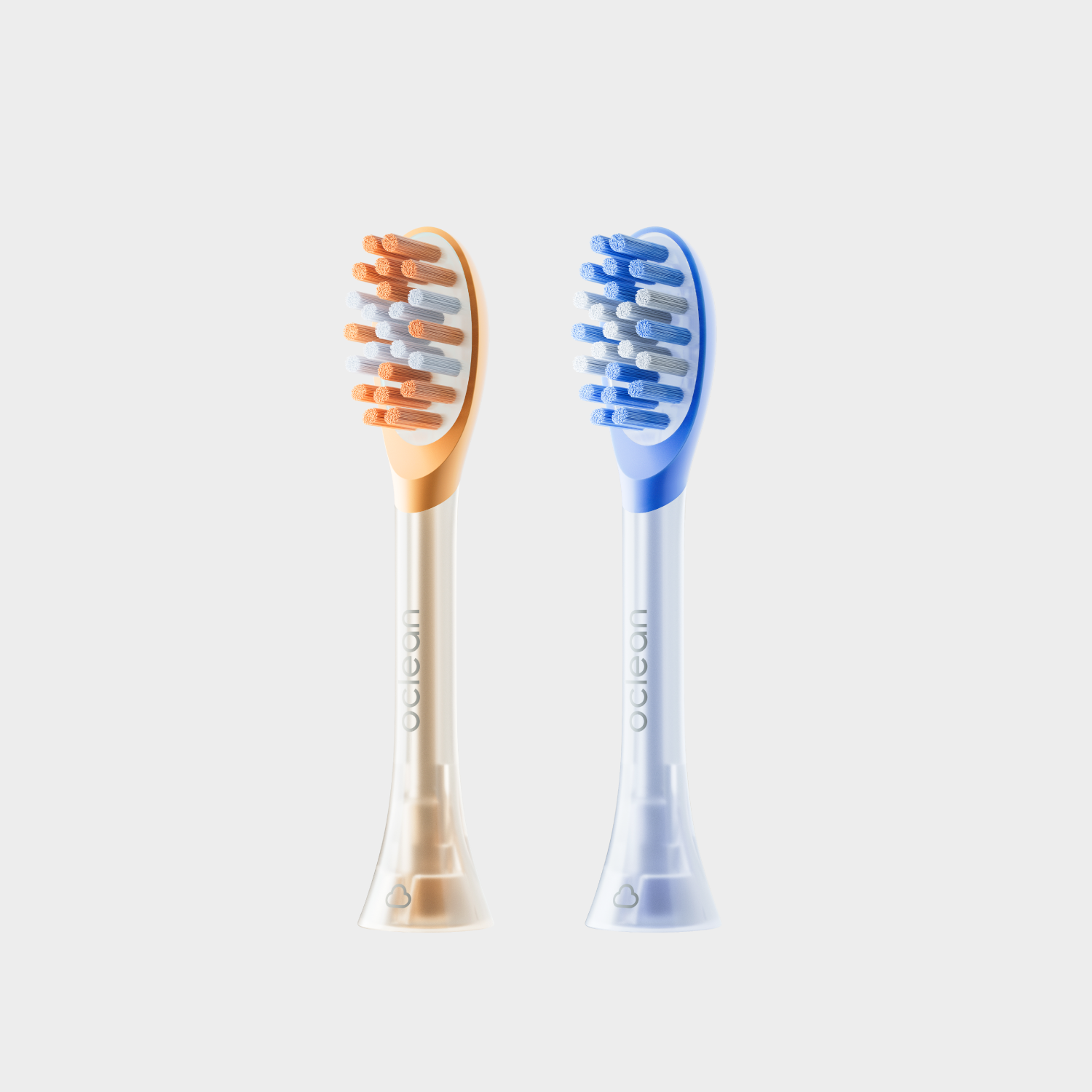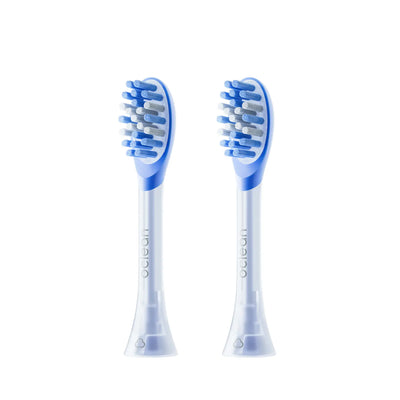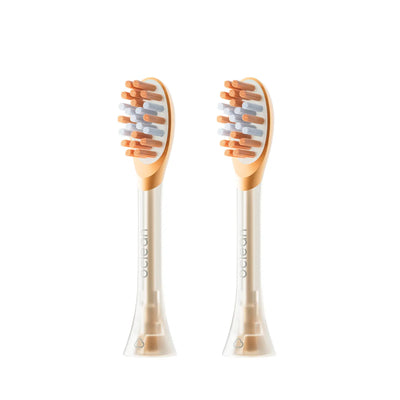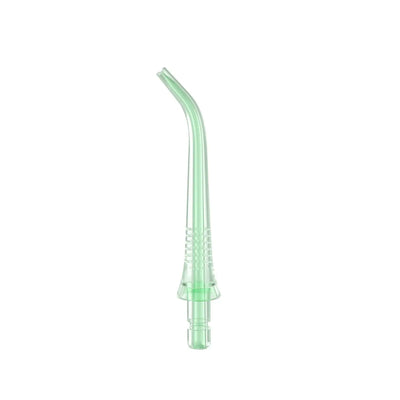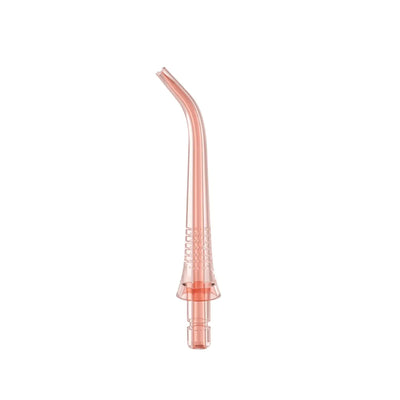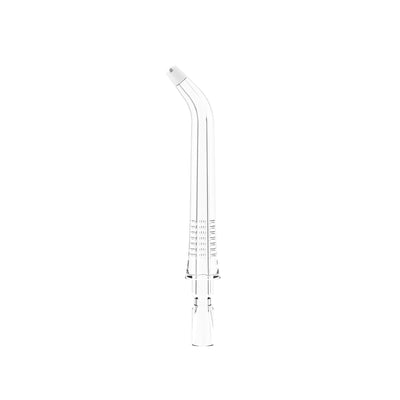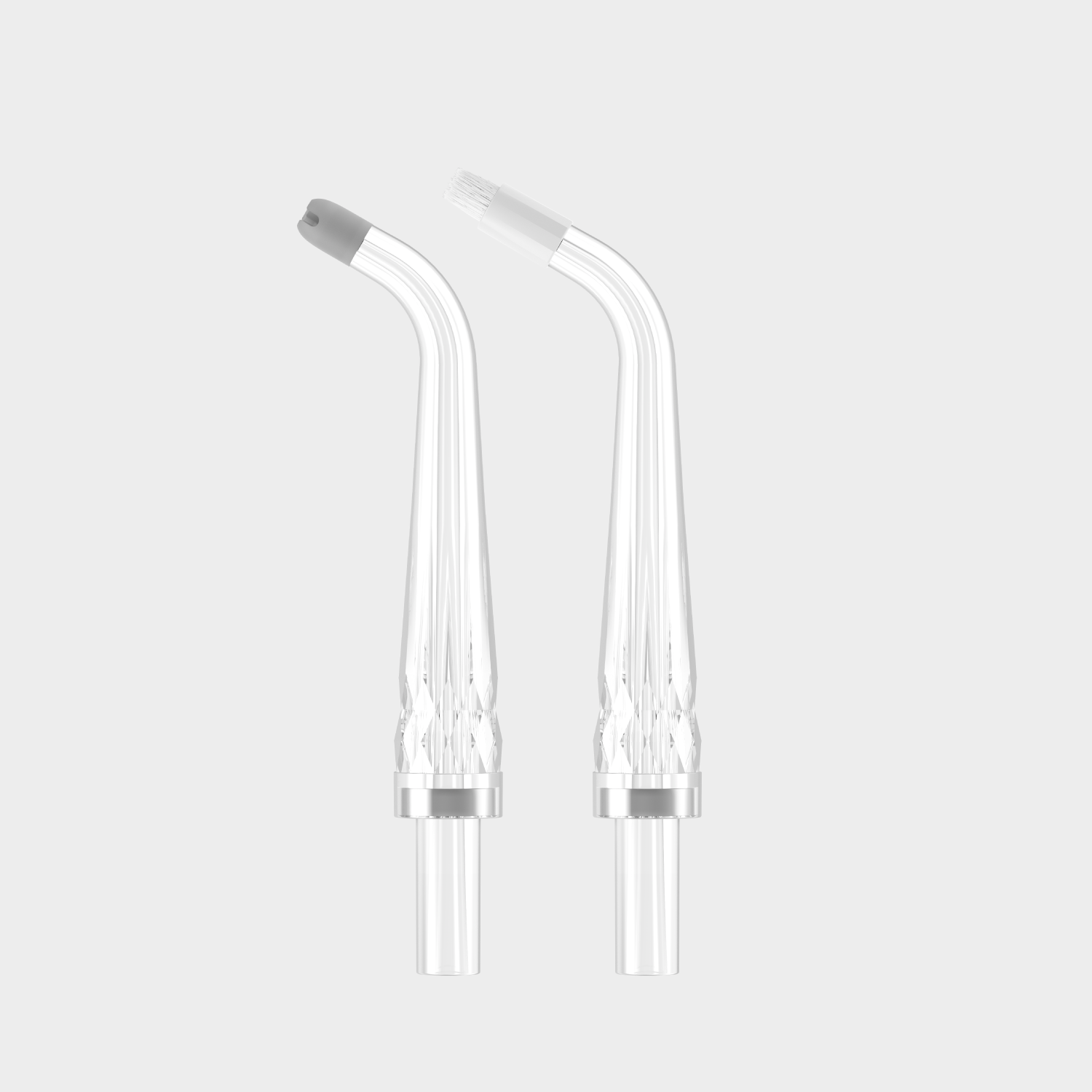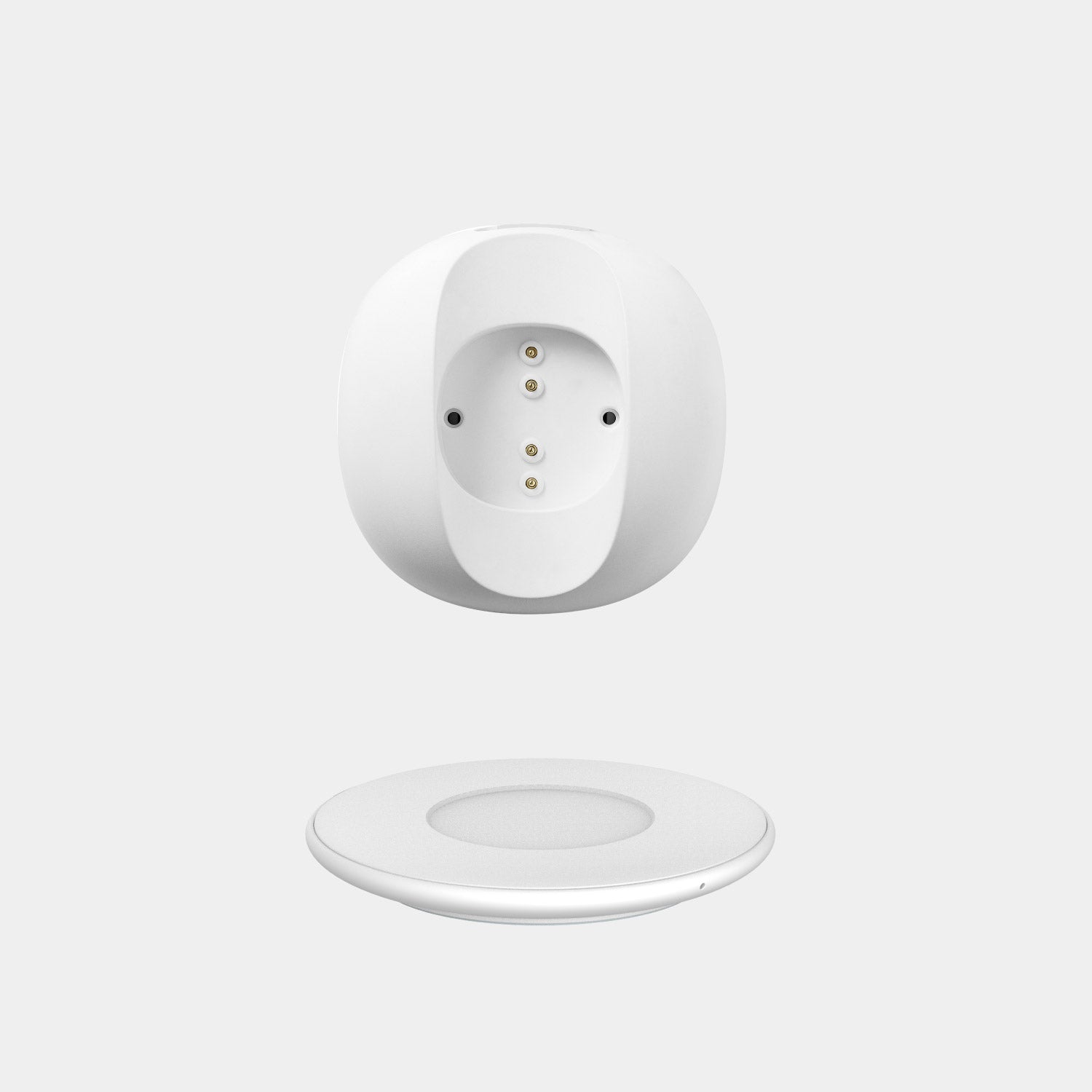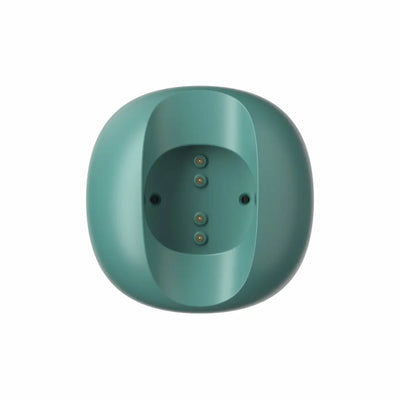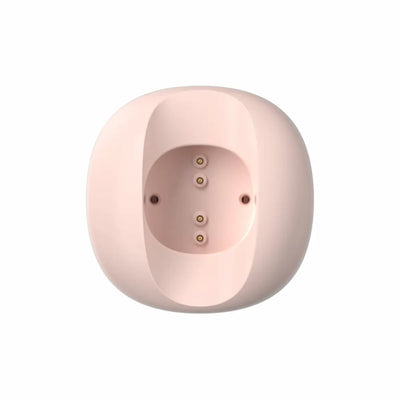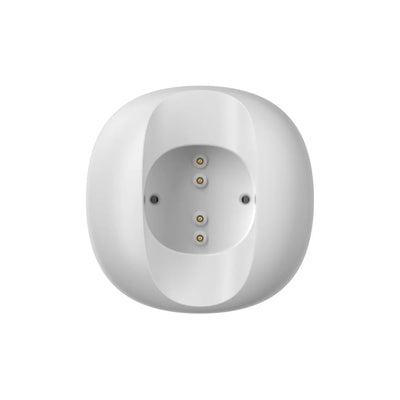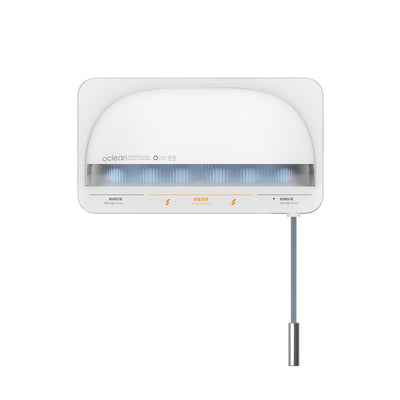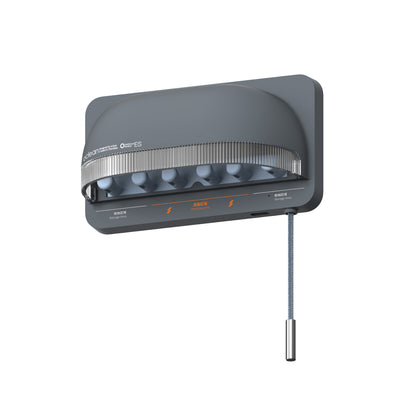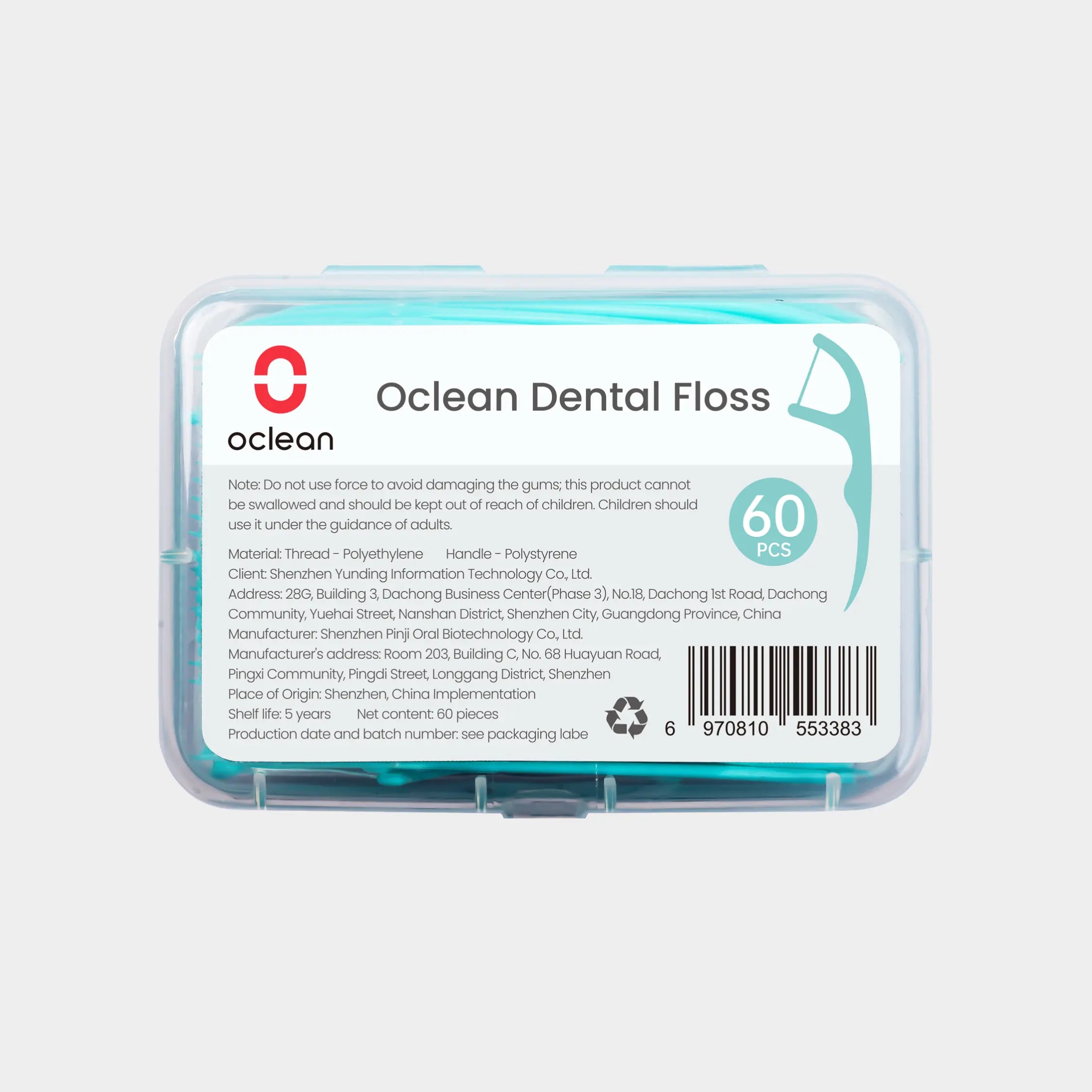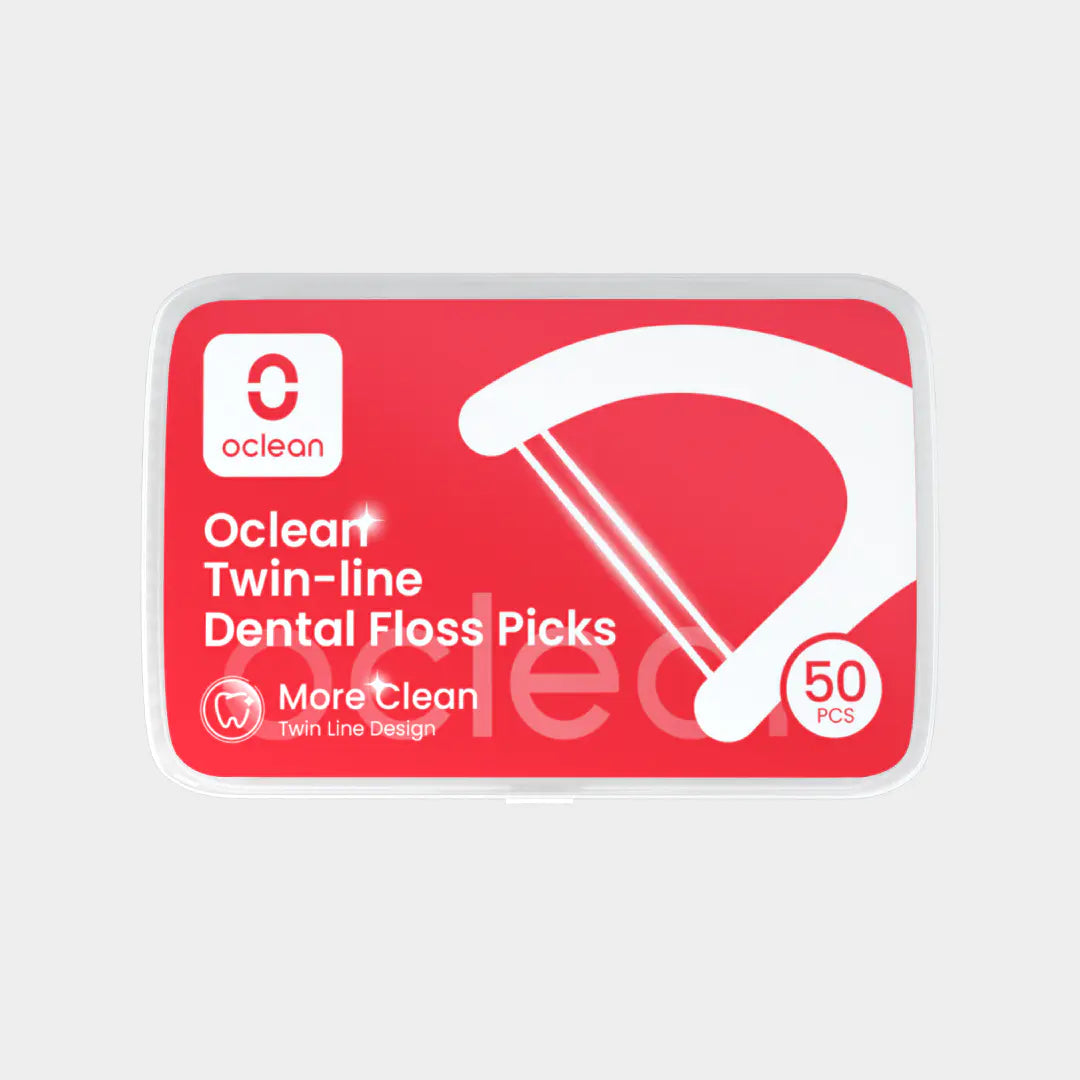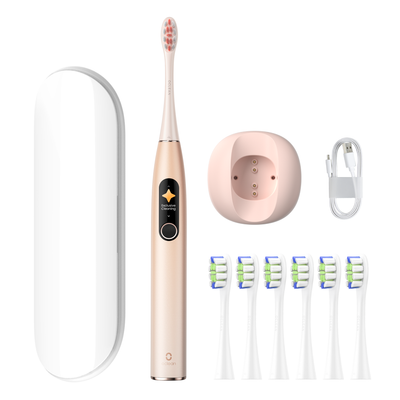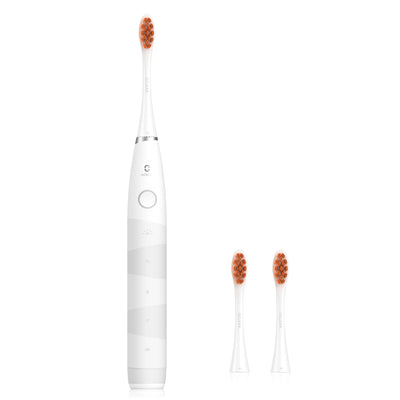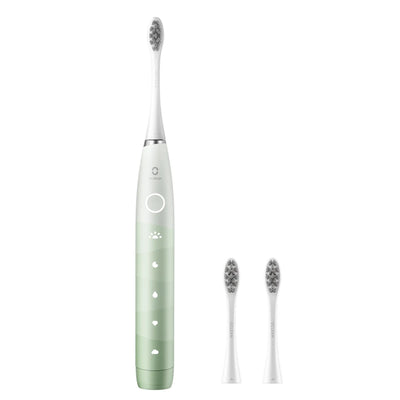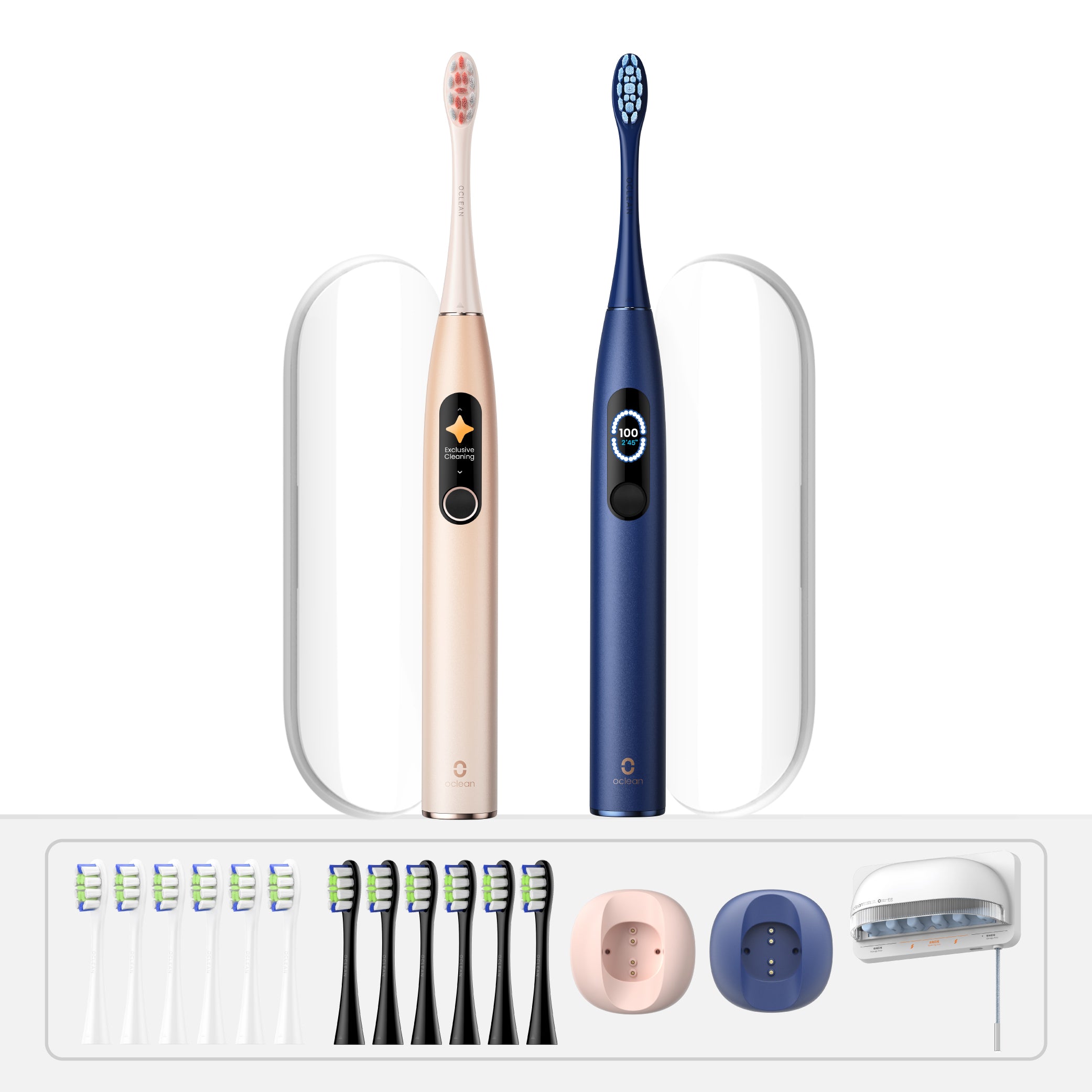Gum health is something none of us ever considers until there is an issue. Among the most common concerns is gum recession. It is when the gum tissue that covers the roots of your teeth begins to recede. It can make teeth look longer, create exposed sensitive roots, and even increase the risk of decay and tooth loss if not treated.
Of course, the main question is: can gums grow back once they start receding? The short answer is no; once gum tissue begins to recede substantially, it will not grow back on its own. But the longer, more hopeful answer is that gum recession can be managed, slowed, and in some instances even reversed through proper dental attention.

This article explains why gums recede, what the treatment options are, and, more importantly, how to take care of your gums so recession doesn't get worse.
What Happens During Gum Recession?
Gum recession occurs when the gum tissue surrounding your teeth erodes or recedes, exposing more of the tooth or root. In contrast to a cut on your skin that heals by itself, gum tissue lacks the same natural capacity to regenerate once lost. [1]
Rather, gums shield teeth by fitting tightly over them. When that seal deteriorates, bacteria slip in, endangering decay, infection, and even tooth loss.
Causes of Gum Recession
Here are some causes of gum recession, and knowing them is the key to prevention:
- Gum Disease (Periodontal Disease): Most prevalent cause. Plaque calcifies to become tartar, which stimulates inflammation that kills gum and bone tissue.
- Aggressive Brushing: Brushing excessively hard or using a hard-bristled brush wears off enamel and gums.
- Poor Oral Hygiene: Inability to brush, floss, or see the dentist regularly increases plaque growth.
- Genetics: Some individuals have naturally thinner gum tissue that is more vulnerable to recession.
- Hormonal Changes: Pregnancy, puberty, and menopause cause gums to become sensitive.
- Teeth Grinding (Bruxism): Ongoing pressure wears away gums and bone.
- Misaligned Teeth or Bite Issues: Uneven pressure leads to localized gum wear.
- Smoking: Decreases blood supply to gums, leaving them at risk of infection.
Can Gums Grow Back Naturally?
The short answer is no. Gums won't grow back naturally once the tissue is gone. [2] Compared to bone or skin, gums just don't have the same ability to restore themselves.
But you can:
- Stop additional recession by treating the problem (e.g., gum disease or aggressive brushing).
- Strengthen existing gums with healthy habits.
- Restore appearance and function with dental treatment such as gum transplants or regenerative therapy.
So although gums don't "grow back" as such, they can be rescued and, in some instances, replaced by surgery.
Signs Your Gums Are Receding
It's critical to catch gum recession early. Be mindful of:
- Teeth that look longer than they used to.
- Increased sensitivity of teeth (to cold, hot, or sweet foods)
- Roots appearing on top of your gums
- Spaces developing between the teeth and gums
- Bleeding or puffy gums when brushing or flossing
It is essential to see a dentist when you experience these signs before the damage becomes more critical.
Professional Receding Gums Treatments
In case the gum recession is severe, your dentist will suggest some treatments in order to rebuild gum coverage as well as shield exposed roots. These treatments do not "regrow" gums but relocate or add tissue to cover up the affected area.
1. Scaling and Root Planing
Also referred to as a "deep cleaning," this treatment eliminates plaque and tartar below the gumline. The roots are smoothened to make it more difficult for bacteria to adhere. Gums can reattach more tightly to teeth, and recession is stopped in its tracks.
2. Gum Graft Surgery
A very common treatment for advanced gum recession. Tissue is taken from another area of your mouth and placed where the gums have receded. It fills the gap, reduces sensitivity, and covers roots.
3. Gum Surgery
Surgery may be performed for extreme cases:
- Open flap cleaning: Gum is opened up to permit deep cleaning and then closed tightly around teeth.
- Regeneration: Special material is inserted to encourage natural bone or tissue growth before the gum's reattachment. [3]
4. Pinhole Surgical Technique (PST)
Another less painful alternative than grafting. Extremely small incisions are made, and specialized instruments are used to relocate native gum tissue over the naked areas. Less healing time might be required. [4]
These therapies do not supersede prevention, but they are effective treatments for those with extensive gum loss.
Prevention of Gum Recession
Because gums do not grow back on their own, prevention is the best protection. The following are effective:
- Brush softly with a soft-bristled brush.
- Floss between teeth once daily. You may use traditional floss, interdental brushes, or water flossers.
- Use antimicrobial mouthwash to kill bacteria.
- Adhere to a gum-safe diet that is rich in vitamins C and D, calcium, and omega-3 fatty acids.
- Smoking abstinence and alcohol intake reduction.
- Control bruxism and stress with relaxation methods or night guards.
Ideally, a sonic toothbrush with soft bristles is strongly advised. Oclean electric toothbrushes are specifically made to be firm but gentle for those concerned about gum recession. Using sonic technology, they eliminate plaque gently without abrasive scrubbing, with soft bristles and adjustable modes that safeguard sensitive gum tissue.
The Long-Term Outlook
If you already have receding gums, do not worry. Although they won't grow back by themselves, you can:
- Stop the receding process with improved oral care and professional treatment
- Increase comfort and sensitivity through dental procedures
- Restore appearance and protection with gum grafting
Consider gum care to be a process of ongoing maintenance – much like taking care of your skin or your vascular system, consistency is everything.
The Bottom Line
So, do gums grow back? No. Tissue lost in gum recession will not grow back naturally. But that doesn't make your oral health non-negotiable. With preventive care, like diligent brushing, regular flossing, not smoking, and consistent dental checkups, you can safeguard the gums you do have. And even if a recession has already happened to some degree, there are now treatments available, like gum grafting and regenerative therapy, that can restore form and function.
Your gums are as important as your teeth. Taking care of them today will mean you'll have a healthy, strong smile for the rest of your life.
Reference
Christiano, Donna. “The Truth about Receding Gums.” Healthline, Healthline Media, 14 June 2023, www.healthline.com/health/receding-gums-grow-back.
“Gum Recession: Causes, Prevention, Surgery & Treatment.” Cleveland Clinic, 14 Apr. 2022, my.clevelandclinic.org/health/diseases/22753-gum-recession.
Nguyen-Thi, Thuy-Duong, et al. “Stem Cell Therapies for Periodontal Tissue Regeneration: A Meta-Analysis of Clinical Trials.” Journal of Oral Biology and Craniofacial Research, vol. 13, no. 5, 2023, pp. 589–597, www.ncbi.nlm.nih.gov/pmc/articles/PMC10415796/, https://doi.org/10.1016/j.jobcr.2023.07.001.
Trivedi, Divya S, et al. “Comparative Evaluation of Pinhole Surgical Technique with and without A-PRF in the Treatment of Multiple Adjacent Recession Defects: A Clinico Radiographic Study.” Journal of Esthetic and Restorative Dentistry : Official Publication of the American Academy of Esthetic Dentistry ... [et Al.], vol. 36, no. 2, Feb. 2024, pp. 324–334, pubmed.ncbi.nlm.nih.gov/37466087/, https://doi.org/10.1111/jerd.13076.
Table of Contents

